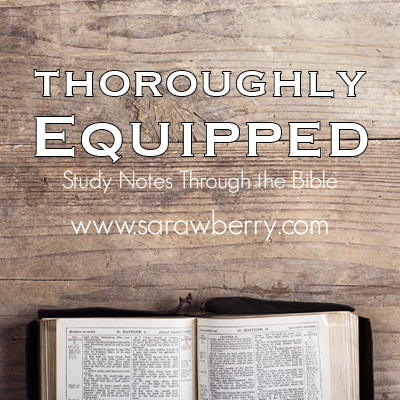Today’s reading includes Numbers 33:40-35:34, Luke 5:12-28, Psalm 65:1-13, Proverbs 11:23.
My focus today is on the cities of refuge, detailed in Numbers 35.
9 And the Lord spoke to Moses, saying, 10 “Speak to the people of Israel and say to them, When you cross the Jordan into the land of Canaan, 11 then you shall select cities to be cities of refuge for you, that the manslayer who kills any person without intent may flee there. 12 The cities shall be for you a refuge from the avenger, that the manslayer may not die until he stands before the congregation for judgment. 13 And the cities that you give shall be your six cities of refuge. 14 You shall give three cities beyond the Jordan, and three cities in the land of Canaan, to be cities of refuge. 15 These six cities shall be for refuge for the people of Israel, and for the stranger and for the sojourner among them, that anyone who kills any person without intent may flee there.
In our reading today we learn about the cities of refuge. Six of the towns given to the Levites were to be known as cities of refuge. These cities were designated places of safety for those who had accidentally killed someone. They could run to a city of refuge and escape the whole “eye for eye” repercussions. They must dwell in the city of refuge if they did not want to be killed by the avengers wanting to take their lives in revenge for the life accidentally taken. We see in Numbers 35 that there were to be six cities of refuge, three on the east side of the Jordan River, where two of the tribes of Israel had decided to remain, and three on the west side in the land of Canaan.
Another interesting detail of concept of the cities of refuge is that the community was to protect the slayer from the avenger and escort them to the city of refuge. Equally interesting is that the slayer had to remain there until the death of the high priest, who was anointed with the sacred oil. (Numbers 35:25)
After the death of the high priest, the slayer could safely return to his own property, his family, and his life.
The slayer could not return to his life early, even if he had means to pay in retribution. He could not buy his way out of his accidental sin. He could only wait for the death of the high priest for this sin to be abolished. He was at the mercy of the death of the high priest.
Interesting to note was that there were only six cities of refuge. Six is the number for mankind. Six is incomplete. Seven is the holy number for completion and perfection. So, where is the seventh city? The one which completes and perfects the concept of the cities of refuge? The seventh city is not a city at all. The seventh perfect place of refuge is a Person.
God is our refuge and strength, a very present help in trouble. 2 Therefore will not we fear, though the earth be removed, and though the mountains be carried into the midst of the sea;
Psalm 46:1-2
This Old Testament provision of cities of refuge was a foretaste of what was to come. What had to happen for the slayer, the guilty one, to be released to live his life again? The high priest had to die. When Jesus, the greatest High Priest, died on the cross it forever released the guilty ones, thereby releasing them into a permanent place of safety and refuge. We, the guilty ones, can now resume our lives, and rest securely in the fact that our God is our ever present, eternal refuge.
And once we understand our security in our Refuge, shouldn’t we “escort” others to this same truth? Find your rest in Jesus, your City of Refuge. Dwell there in His safety. And then as a community of believers, let’s join together to escort others to this life-saving truth.


